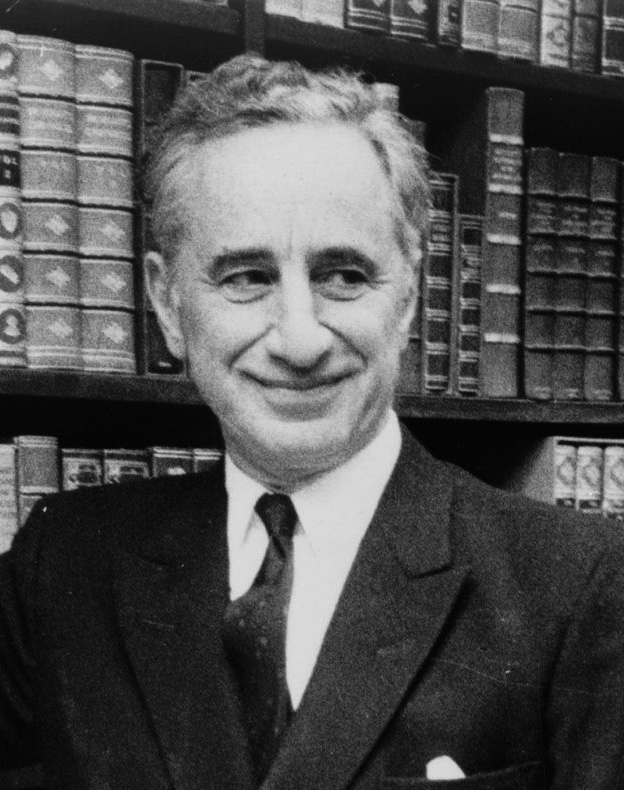Actor Zoe Kazan broke her silence today at the HBO TCA panel for the forthcoming HBO miniseries, 'The Plot Against America', based on the counter-historical Philip Roth novel in which the anti-Semite Charles Lindbergh wins the presidency in 1940.
The 36-year-old actor/writer has never publicly commented on her grandfather's legacy but on January 15 her response to a journalist shocked everyone in the room when she was asked about her grandfather, Elia Kazan. The two-time Oscar-winning filmmaker's actions during the McCarthy era when he named former colleagues before the House Un-American Activities Committee.

'You are bringing up hard times for our country,' says Kazan
The journalist, Whitney Friedlander, asked about how Kazan grandfather's history might inform her approach to the part, to which Kazan inquired, "do you want to be more specific?"
"Your grandfather, I don't want to bring up hard times for you, I'm sorry," said Friedlander.
Here, Kazan gave a thorough, literate response who has gracefully deflected questions about her family history before. "You are not bringing up hard times for me, you are bringing up hard times for our country."
She articulated her view with the reference to her grandfather's cinematic take on the John Steinbeck novel 'East of Eden,' which was made into a film in 1955 directed by her grandfather.
As she explained, a character in the book struggles with the meaning of the Hebrew word as it appears in the story of Cain and Abel — sometimes translated as "you can triumph over sin," other times as "you will triumph over sin." What he ultimately concludes is "thou mayest triumph over sin, but it's in the hands of the next generation; it's a choice."

I did think about how the country's history affected my family's history
"I have not wanted to weigh in my family's political history particularly because of the other people it involved in my family who have prized their privacy over a public (sic) life," she continued, holding back tears. "So, I'm not going into it, but I have thought a lot about how the history of our country affected my family's history and what it meant for my grandfather as an immigrant to this country to have his American-ness tested and the choice that he made from that."
"And I thought a lot about my own choices, the way I choose to live my life. I think 'Thou mayest choose a different life,'" she said while further suggesting that Steinbeck chose to include this in his novel "about the foundation of the West" because "it's also about America choosing to recognize who they have been—Cain did kill his brother—but also recognizing that they may choose a different future for themselves. I think it's meaningful in the book that it comes out of the mouth of an immigrant."

Kazan concluded, "those were things on my mind as I worked on this. It was a profound experience working on this personally, politically and artistically, and I think that's all I have to say about that." Some in the audience applauded her for her articulate response.
Later, the producer/writer David Simon responded by saying, "I've been coming to TCAs now for about a decade. That was the best answer to a question. That was so cool. That had linguistics. That had, like, film history. That was gorgeous." The six-part miniseries 'Plot Against America' premieres on March 16.


